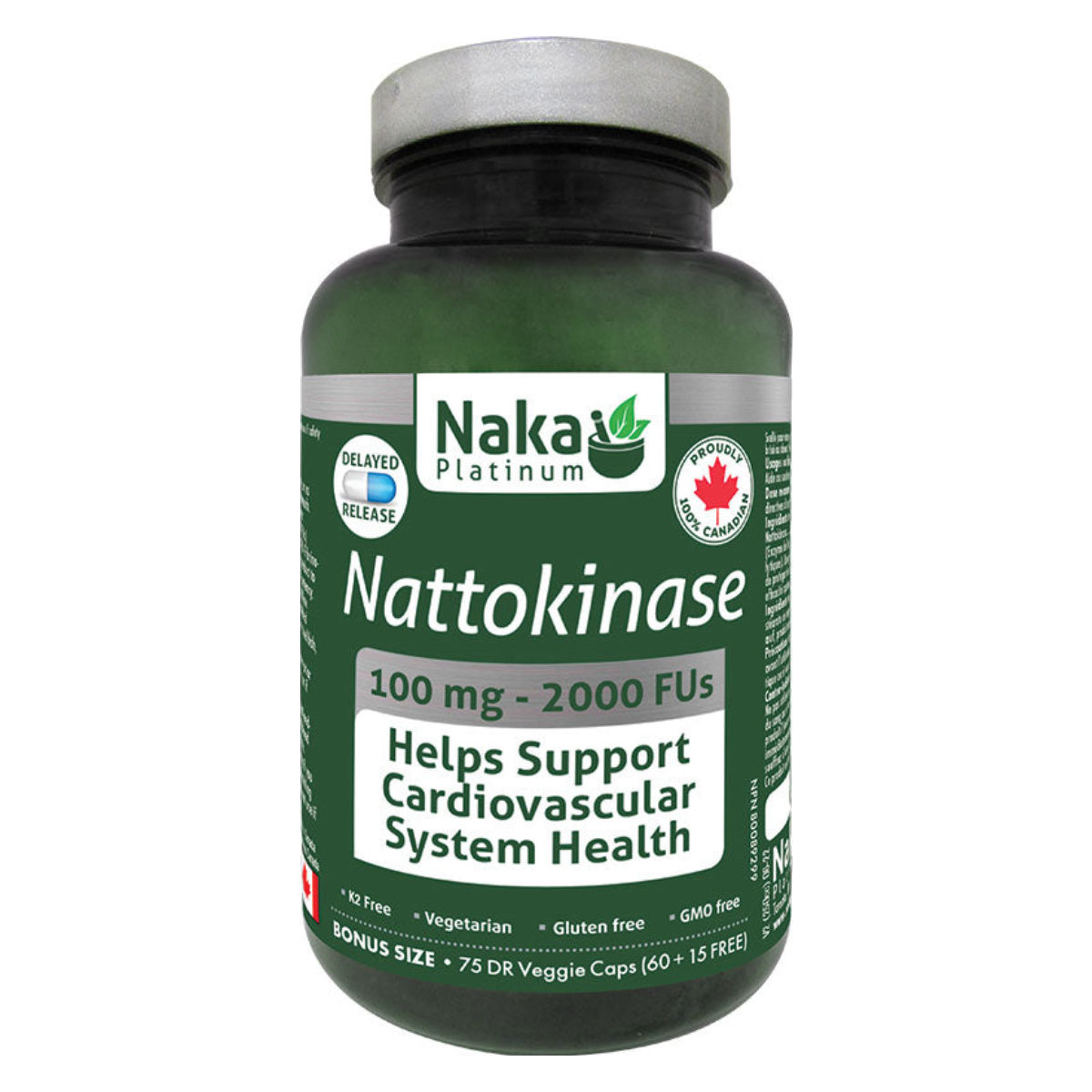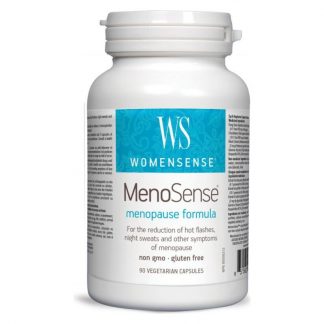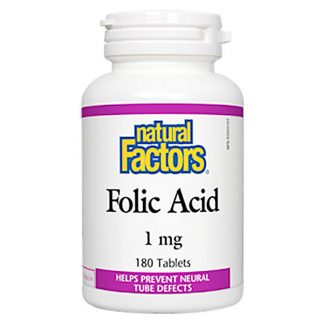The enzyme nattokinase is produced by adding the bacterium Bacillus natto to
boiled soybeans. The bacteria try to digest the soybeans by secreting nattokinase.
The most popular and scientifically studied application for nattokinase has focused
on its potent fibrinolytic (‘clot-busting’) activity.
This results in breaking down fibrinogen, a component of blood clots and
atherosclerotic plaque. Elevated fibrinogen levels are another clear risk factor for
cardiovascular disease.”
- Peripheral vascular disease—arterial atherosclerosis or venous thrombosis. Can improve spider veins, hemorrhoids and varicose veins.
- Senile dementia due to poor circulation or cerebral thrombi formation
- Ischemic stroke prevention
- A statin drug alternative
- An acetylsalicylic acid (ASA) alternative – prevents stomach bleeding
- Chronic migraine because platelet aggregation implicated in migraines
- Fibromyalgia, CFS (Chronic Fatigue Syndrome) and Lyme Disease—where chronic infection leads to fibrin deposition
- Dysmenorrhea (painful menses) because excessive clotting can cause painful cramping
- Excessively fast clotting times due to platelet aggregation
- Lowers cholesterol
- Helps with joint and muscle pain
- Bone pain caused by excessive blood clotting
- Breaks down unwanted waste in blood
- Breaks down undigested proteins in the gut
- May help varicose veins, muscle spasms and pain









